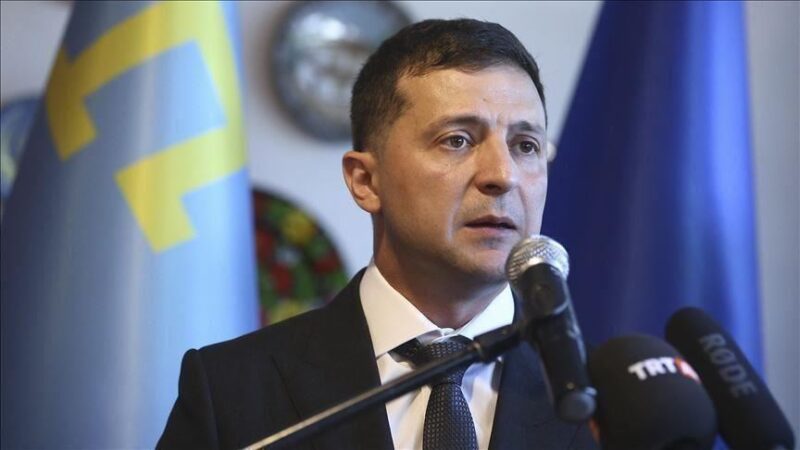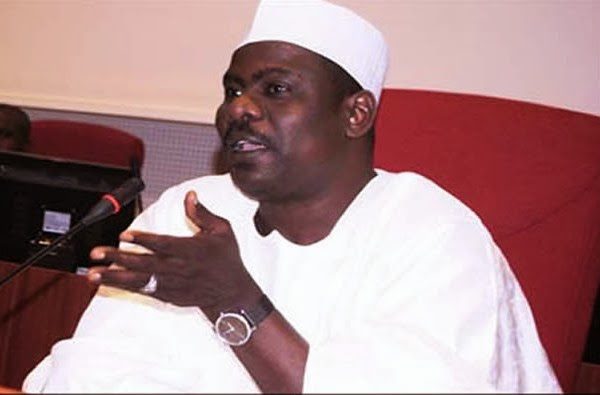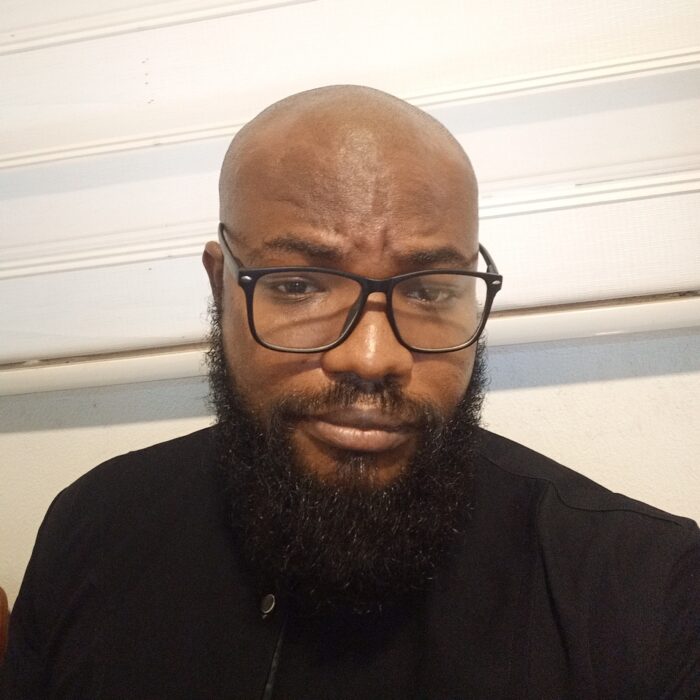Global Issues
Russia-Ukraine Crisis: African Leaders Only Interested in Ukraine’s Wheat and Nothing More ! -By Kestér Kenn Klomegâh
The only official recognition of the call came from Faki, in a lone tweet, in which he cautiously “reiterated the AU position of the urgent need for dialogue to end the conflict to allow peace to return to the Region and to restore global stability.” Ukrainian president @ZelenskyyUa addressed the @_AfricanUnion Assembly today. We reiterated the AU position of the urgent need for dialogue to end the conflict to allow peace to return to the Region and to restore global stability. Moussa Faki Mahamat (@AUC_MoussaFaki) June 20, 2022.

Modern Diplomacy media monitoring shows that only four African leaders were present at the Ukraine President Volodymyr Zelensky’s address to the Africn Union (AU), the 55-member continental bloc held on June 20. Ukraine’s leader Zelensky has been addressing global leaders, international organizations and regional associations soliciting their assistance to end the crisis involving Russia’s “special military operation” that began late February. He has addressed the United Nations, the United States Congress and European Union, among others, during these past months.
Now in its fourth month, the special military operation targeting “demilitarization and denazification” of the former Soviet republic of Ukraine, has shattered the global economy, sent prices skyrocketing and generating deep-seated social discontent among the population worldwide. There are unprecedented sanctions imposed on Russia by the United States, European Union, Australia, New Zealand, Japan and host of other countries.
France and Germany pressured African Union leaders for months to join a Brief Zoom call with Ukraine’s Volodymyr Zelensky. But, 51 of 55 African heads of state (93%) boycotted the meeting, showing clear neutrality over the Western proxy war with Russia. Western governments have tried to rally the nations of Africa to join their war on Russia. But the vast majority of the continent has ignored their pressure campaign.
For months, Ukraine attempted to organize a video conference between the African Union and Western-backed leader Volodymyr Zelensky. France and Germany put heavy pressure on African governments to attend the Zoom call, which was held on June 20. The conference ended up being a total failure, however. The heads of state of just four of the 55 members of the African Union joined the meeting.
In other words, 93% of the leaders of the African continent did not attend the video conference with Zelensky. This was a clear sign of Africa’s overwhelming neutrality in the proxy war between the West and Russia.
France’s major newspaper Le Monde described Zelensky’s video call as “an address that the African Union (AU) has delayed for as long as possible and has been keen to keep discreet, almost secret.” Ukraine had tried to organize the conference since April, but the AU had repeatedly pushed it back.
Le Monde noted that “the organization of the simple video message illustrates the tense relationships between Mr. Zelensky and the leaders of the continent,” who are “sticking to a neutral position.” Citing an internal source, The Africa Report identified the very few African heads of state who attended the call as Senegal’s President Macky Sall, Côte d’Ivoire’s President Alassane Ouattara, and the Republic of the Congo’s President Denis Sassou Nguesso.
Also at the video conference was Mohamed al-Menfi, the leader of the Libyan Presidential Council, which is recognized by some countries as a legitimate government, although this is disputed by many nations, and Libya has remained territorially divided since a 2011 NATO war destroyed the central state.
At the meeting with Zelensky, these three or four heads of state were joined by Moussa Faki, a politician from Chad who serves as chair of the African Union, and some lower level diplomats of other countries. The African Union apparently tried to keep the conference as quiet as possible. It did not post anything about the call on its official website. It did not tweet about the meeting either.
The only official recognition of the call came from Faki, in a lone tweet, in which he cautiously “reiterated the AU position of the urgent need for dialogue to end the conflict to allow peace to return to the Region and to restore global stability.” Ukrainian president @ZelenskyyUa addressed the @_AfricanUnion Assembly today. We reiterated the AU position of the urgent need for dialogue to end the conflict to allow peace to return to the Region and to restore global stability. Moussa Faki Mahamat (@AUC_MoussaFaki) June 20, 2022.
The United States and European Union frequently claim that they are acting on behalf of the “international community, but events like this demonstrate that when Washington and Brussels say international community, they actually just mean the roughly 15% of the global population in the West and their loyal allies in Australia, New Zealand, South Korea, and Japan.
Multipolarista detailed in a report in March how the vast majority of the world’s population, which resides in the Global South, has remained neutral over the Western proxy war in Ukraine. Countries with some of the largest populations on Earth, such as China, India, Pakistan, Brazil, Ethiopia, Bangladesh, Mexico, and Vietnam, have remained neutral.
Many more nations in the Global South, such as South Africa, Iran, Venezuela, Cuba, Nicaragua, North Korea, and Eritrea, have openly blamed NATO and the United States for causing the war in Ukraine. Global South nations representing the majority of the world’s population have either blamed US/NATO for the Ukraine war or are neutral, including: China, India, Pakistan, Brazil, Ethiopia, Bangladesh, Congo, Iran, South Africa, Mexico, Tanzania and Vietnam.
Establishment British newspaper The Guardian, which is closely linked to UK intelligence agencies, published an article in March reluctantly acknowledging that many African countries “remember Moscow’s support for liberation from colonial rule, and a strong anti-imperialist feeling remains.” The report noted that a significant number of African leaders are “calling for peace but blaming Nato’s eastward expansion for the war, complaining of western ‘double standards’ and resisting all calls to criticise Russia.”
It conceded that nations like South Africa, Zimbabwe, Angola, and Mozambique, “are still ruled by parties that were supported by Moscow during their struggles for liberation from colonial or white supremacist rule.”
Russia Today also has important trade relations with Africa. As one of the world’s top producers of wheat, Russia is a significant source of food for the continent. While food insecurity is an endemic problem in formerly colonized nations in Africa that were ravaged by centuries of Western imperialism, the United States has threatened to make this crisis even worse.
The New York Times reported that the US government is pressuring food-insecure countries in Africa not to buy Russian wheat. Nearly all African countries are struggling to contain the impact of the crisis, two years after the coronavirus pandemic had locked them up behind borders and unprecedented climate change compounding difficulties facing the continent. African leaders complained bitterly that they become direct victims of the Russia-Ukraine crisis. Russia has consistently brushed aside this accusation and rather blamed Western and European sanctions for the precarious situation that has equally engulfed Africa.
Russia’s President Vladimir Putin had talks with Senegalese President Macky Sall, who is also African Union Chairperson, in Sochi on June 3. Russia has always been on Africa’s side in its fight against colonialism, Putin said, reminding Africa again about Soviet assistance that was offered more than 60 years ago. The United Nations declared Africa fully independent in 1960, and Organization of African Unity (OAU) was formed on 25 May 1963 in Addis Ababa, Ethiopia. The OAU transformed into what is now referred to as African Union.
According to reports, 17 African countries abstained from voting on the resolution at the United Nations. Some policy experts say this Africans’ voting scenario at the UN opens a theme for a complete geopolitical study and analysis. There are so many interpretations and geopolitical implications though.
Nevertheless, the African Union, Regional Economic organizations and the African governments are still and distinctively, divided over the Russia-Ukraine crisis due to divergent views and worse, afraid of contradictions and confrontations posed by the crisis and its effects on future relations with Russia.
“We are at a new stage of development and attach great importance to our relations with African countries,” Putin noted. According to him, the development of relations between Russia and Africa has shown glaring positive results. In particular, the trade turnover is steadily increasing.
“In the first months of this year it grew by 34%. We are striving to develop humanitarian ties with African countries and we will do everything that depends on us to make this process gain momentum,” he specified, adding that Russia has always been on the side of Africa.
Despite the unprecedented sanctions and information warfare launched by the United States and its satellites, Russia manages to maintain the entire bilateral cooperation in working order, and to saturate it with a relevant substantive agenda, noted Sergey Lavrov, Minister of Foreign Affairs of the Russian Federation. His message reaffirmed that “in these difficult and crucial times the strategic partnership with Africa has become a priority of Russia’s foreign policy. Russia highly appreciates the readiness of Africans to further step up economic cooperation.”
Lavrov said: “It is in the interests of our peoples to work together to preserve and expand mutually beneficial trade and investment ties under these new conditions. It is important to facilitate the mutual access of Russian and African economic operators to each other’s markets and encourage their participation in large-scale infrastructure projects. The signed agreements and the results will be consolidated at the forthcoming second Russia-Africa summit.”
And of course, African leaders are ready for the next photo opps and deliver those high-powered speeches and finally sign series of new agreements. With the upcoming second Russia-Africa summit, the date and other detailed information are being withheld. But Kremlin Aide Yury Ushakov said mid-June that both sides are planning, referring to Russia and the African Union.




















